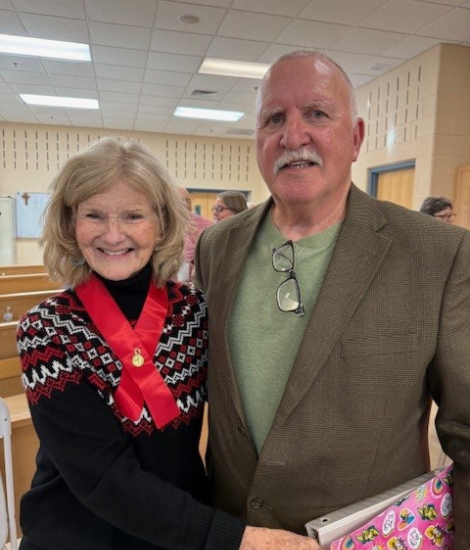Learn More. Live Better. Parkinson's Midwest Chapter Symposium.

In-person check-in begins at 12 p.m. and the program starts at 1:00 p.m. A complimentary boxed lunch will be provided. Please call Jessica at (312) 762-5706 if you have any dietary requirements.
Living with Parkinson's can be challenging, but there are many things you can do to maintain and improve your quality of life. This program will provide you with information to help you find the balance between a proactive approach and wondering what lies ahead. We will cover common Parkinson's disease (PD) medications, their benefits, potential side effects, and the need for adjustments over time. We will also emphasize the importance of a well-rounded care plan that includes exercise and social engagement to combat isolation. Together, these factors can greatly improve the quality of life for those living with PD.
Speakers
Danny Bega, MD, MSCI
Northwestern Medicine Parkinson's Disease & Movement Disorders Center, A Parkinson's Foundation Center of Excellence
Katie Fagan, MSW, LCSW, CDP
Northwestern Medicine Parkinson's Disease & Movement Disorders Center, A Parkinson's Foundation Center of Excellence
Adam Burns, PT, DPT, NCS
Allied Health Supervisor, Burr Ridge, Outpatient Center
Senior I Physical Therapist
APTA Board Certified Neurologic Clinical Specialist
Shirley Ryan AbilityLab
There is no charge to attend, but registration is required. This program is open to people with Parkinson's, their families, friends, and the community.
Contact Us
Jessica Bartsch
Sponsor
Upcoming Events
Expert Briefing: Parkinson's Medications 101
Participants will gain a deeper understanding of how medications work, their intended benefits, and common side effects.
Spotlight on Parkinson's for Senior Living Communities and Home Care Agencies
Community Partners in Parkinson’s Care is a program designed to educate and prepare care staff to provide optimal care for people with Parkinson’s disease living in care communities.
Managing Changing Symptoms
Learn how Parkinson’s symptoms may change over time and new strategies available for managing them.













